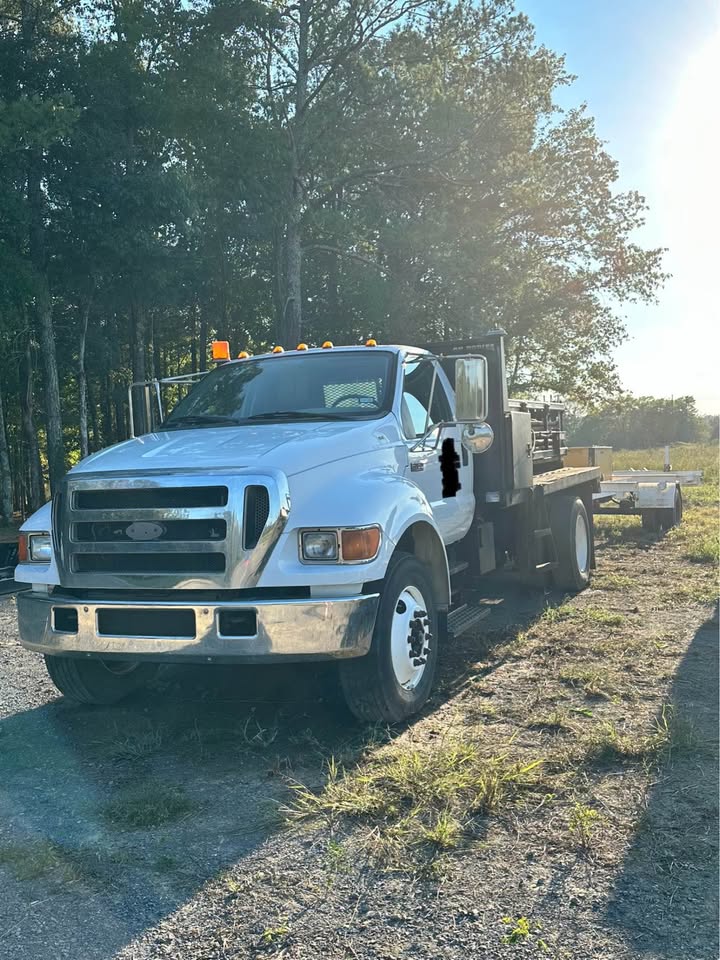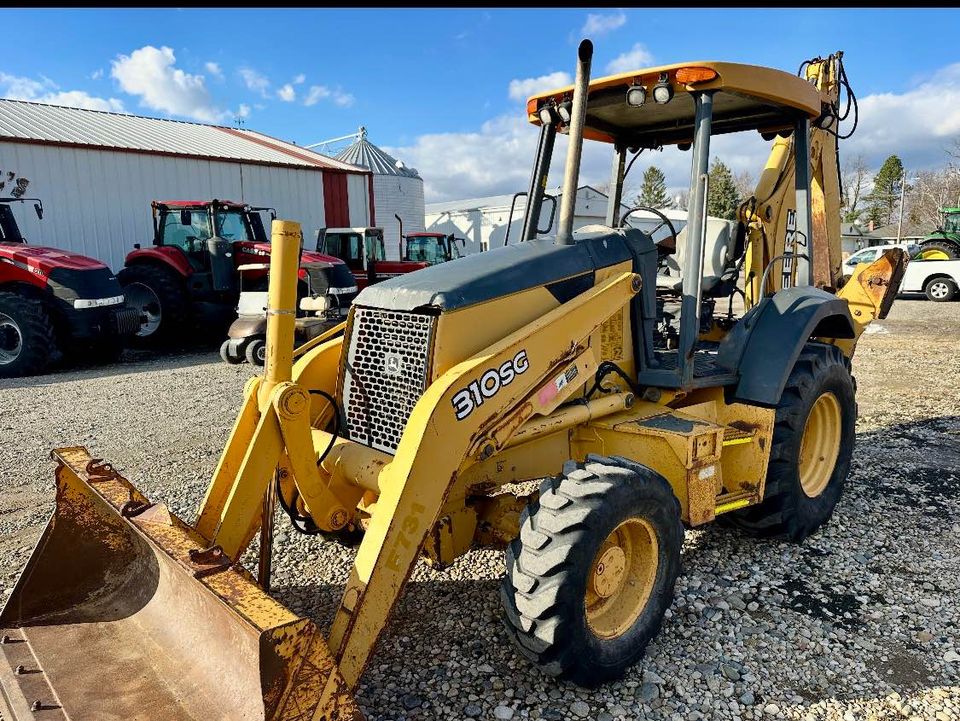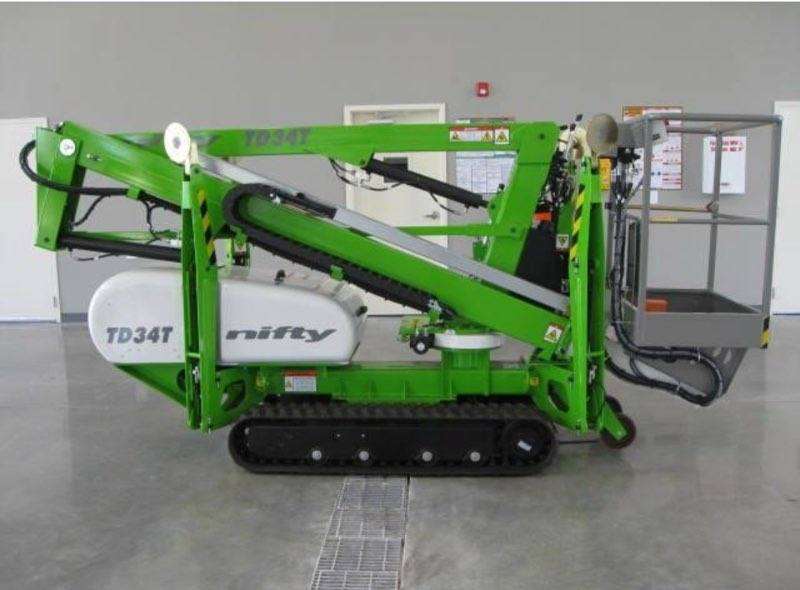Owning and running an excavating company can be both a rewarding and challenging business venture. Whether you’re looking to expand your current operation or just starting out, it’s crucial to understand what it takes to thrive in this industry. Excavating is a critical part of construction projects, ranging from residential developments to large-scale infrastructure jobs. With the right equipment, business strategy, and a focus on safety, your company can establish a strong presence in this competitive field.
In this blog post, we’ll walk through the key aspects of owning an excavating company, from choosing the right equipment to managing finances and ensuring job site safety.
1. Understanding the Excavating Industry
Excavation is the process of moving soil, rock, or other materials with the help of various heavy machinery. Excavating companies typically handle tasks like:
- Site preparation for construction projects
- Digging foundations for buildings, roads, and utilities
- Trenching for pipelines and sewer systems
- Land clearing for new developments
As an owner, you need to know how to manage projects from start to finish, which often involves dealing with clients, contractors, local regulations, and environmental considerations. Excavation work can be highly specialized, so being well-versed in industry standards, techniques, and safety protocols is crucial for success.
2. Choosing the Right Heavy Equipment for Your Excavating Company
One of the most significant investments you’ll make when starting or expanding your excavating company is in the heavy machinery. The right equipment can make or break your ability to bid on and complete projects efficiently.
Key Equipment to Consider:
-
Excavators: These versatile machines are used for digging, lifting, and moving materials. They come in various sizes, from mini-excavators for small residential jobs to large, tracked machines for heavy-duty tasks.
-
Backhoes: These machines are popular for smaller excavation jobs and are useful for digging trenches, lifting heavy loads, and backfilling.
-
Bulldozers: Powerful machines that can push large quantities of soil, rocks, and debris. They’re essential for land clearing and leveling.
-
Skid Steer Loaders: These compact machines are often used for smaller tasks like moving debris, grading, and trenching. They are incredibly versatile, especially on tight or uneven job sites.
-
Dump Trucks: Essential for hauling materials, these trucks will help you transport dirt, gravel, and other debris from the job site to disposal or storage locations.
As you assess the needs of your business, consider purchasing new or used equipment. Some owners start by purchasing used machines to reduce startup costs, while others prefer new equipment for the reliability and warranty advantages.
Work with a reputable heavy equipment dealership to find the right machines, ensure proper maintenance, and even explore leasing options if purchasing outright isn’t feasible at first.
3. Managing Finances and Business Operations
Like any business, effective financial management is key to running a successful excavation company. This includes budgeting for equipment, operating costs, payroll, and maintaining a steady cash flow. Some strategies to keep your finances on track include:
-
Cost Estimation and Bidding: Make sure to accurately estimate project costs by factoring in labor, equipment usage, fuel, permits, and disposal fees. A thorough bid helps ensure profitability.
-
Lease vs. Buy Equipment: Consider your equipment needs carefully. Buying heavy machinery may be necessary if you have consistent work, but leasing could give you the flexibility to adjust as business fluctuates.
-
Insurance and Liability: Excavation work can be risky, and accidents can lead to expensive liabilities. Ensure you have proper insurance to cover your equipment, workers, and the job site.
-
Tracking Expenses: Keep track of all operational expenses. Use accounting software to manage payroll, taxes, and operating costs, and consult a financial advisor for long-term strategies.
4. Hiring and Managing Skilled Labor
Excavating is a specialized field that requires skilled labor. As an owner, one of your primary responsibilities is to hire and manage qualified operators, laborers, and project managers. Properly trained workers help ensure projects are completed safely, on time, and according to client specifications.
-
Training and Certification: Ensure that all operators are trained on the equipment they’ll be using and have the proper certifications. OSHA (Occupational Safety and Health Administration) training is essential for compliance with safety regulations.
-
Team Building: The right team of skilled laborers can help you run your projects smoothly. Building a good team and fostering a positive work environment can increase productivity and reduce turnover.
-
Safety Protocols: Excavation sites are dangerous places. Make safety a top priority by providing workers with the necessary equipment (like helmets, vests, and harnesses) and conducting regular safety training.
5. Navigating Legal and Regulatory Requirements
Running an excavating business requires adherence to local, state, and federal regulations. These rules govern everything from worker safety to environmental impact, and failing to comply can result in hefty fines and legal issues.
-
Licensing and Permits: Most states require excavation companies to hold specific licenses and permits to operate legally. Be sure to check the licensing requirements in your area and keep all necessary documentation up to date.
-
Environmental Considerations: Excavation often involves land disturbance, so it’s essential to be aware of environmental laws that may affect your work. Ensure that you comply with regulations regarding waste disposal, dust control, and protecting local ecosystems.
6. Marketing Your Excavating Company
Once you have the right equipment, team, and financial plan in place, it’s time to grow your business through marketing. Here are some ways to get your name out there:
-
Word of Mouth: In the construction and excavation industries, referrals from satisfied clients are one of the best ways to gain new business.
-
Online Presence: A website showcasing your services, past projects, and contact information can help potential clients find you online. Social media platforms like LinkedIn and Facebook are also great for networking.
-
Networking and Partnerships: Join local business organizations, attend trade shows, and build relationships with general contractors and other construction-related businesses.
Conclusion: The Road Ahead for Excavating Business Owners
Owning an excavating company is a challenging but potentially lucrative business. With the right equipment, a reliable team, effective financial management, and a focus on safety and compliance, you can position yourself for long-term success in this essential industry. Whether you’re working on residential projects or large commercial contracts, your business can thrive with the right approach.
At [Heavy Equipment Dealership Name], we understand the demands of running an excavation business. We offer a wide range of quality heavy machinery, financing options, and expert advice to help you succeed. Contact us today to learn more about how we can help you grow your excavating business.






